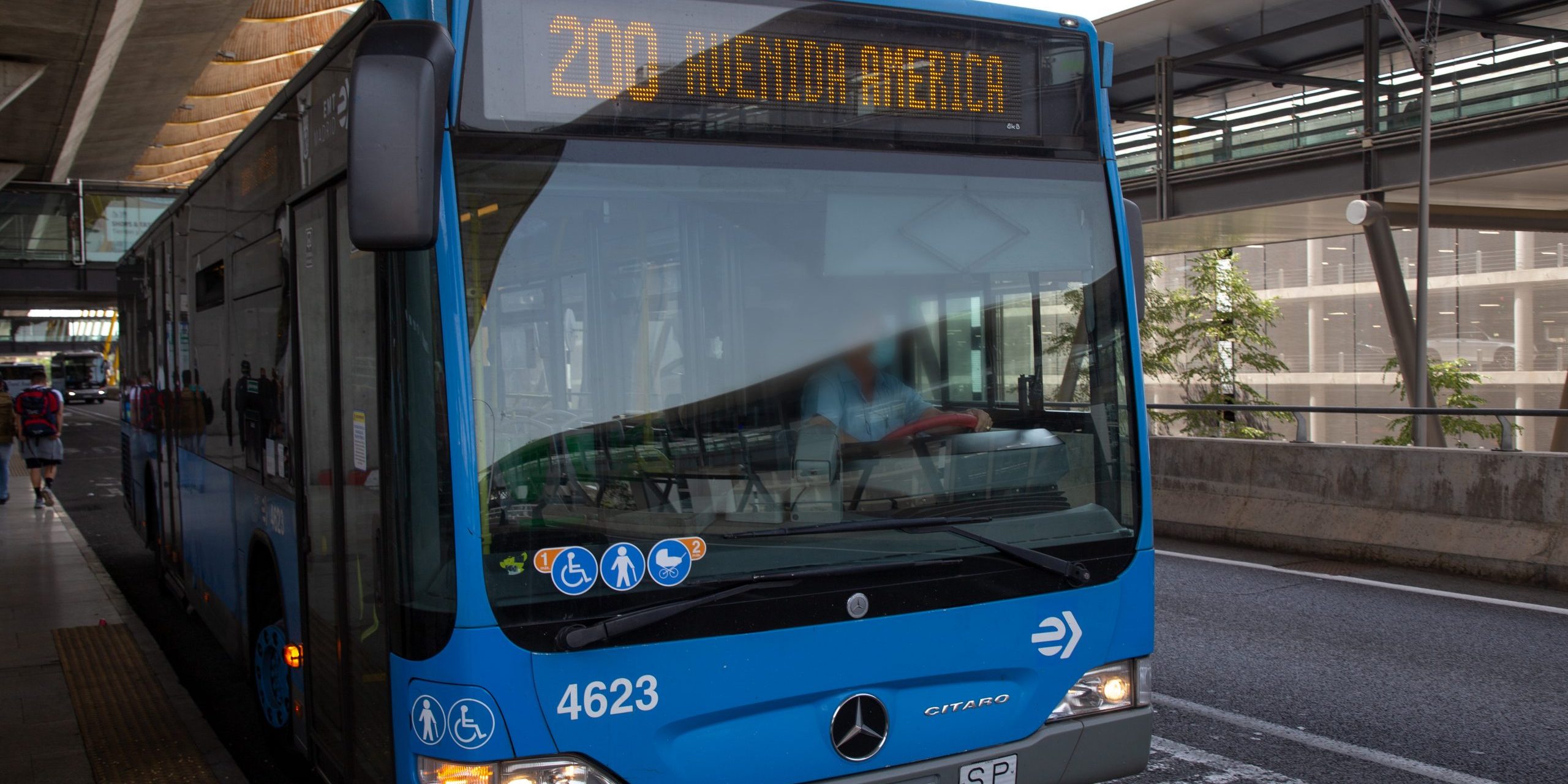The last diesel bus that circulated through the city turned off the engine forever after making its last trip from Avenida de América to the Fuencarral Operations Center. Madrid thus fulfills the promise made by its mayor Jose Luis Martínez-Almeida in 2020 that no municipal bus powered by this fuel would travel the streets of the city after 2023, with the aim of reducing polluting emissions and improving air quality. The city ranks as the first major European capital -in terms of the number of inhabitants and vehicles in service- that operates with a 100% clean fleet of municipal buses.
This administration acquired 1,291 new and clean buses to renovate 60% of the fleet. The effort of the City Council, together with the firm management carried out by the Municipal Transport Company of Madrid (EMT), allowed the constant addition of new bus models that the European Union includes under the clean criteria according to the Clean Vehicles Directive (EU Directive 2019/11610). Thanks to this commitment, the last 12 EMT diesel buses have definitively stopped circulating in December, positioning Madrid at the head of Spain in compliance with the provisions of EU regulations on fuels applied to urban transport.
With the removal of the last diesel bus, in 2023, the current 100% clean fleet of the EMT will be made up of 1,915 CNG buses and 180 electric buses. In addition, the municipal company will incorporate the first 10 hydrogen-powered buses this year.
A modern fleet, 100% clean and equipped with the latest technological innovations offered by the current market, this is one of the key objectives of the City Council’s Madrid 360 Environmental Sustainability Strategy and one of the axes of the EMT’s Strategic Plan until 2025 to adapt to the requirements established by the European directive and the new needs imposed by a large city like Madrid.
Investment in new less polluting or zero-emission municipal buses will reach 534 million euros between 2021 and 2025, as stated in the EMT Strategic Plan. This amount is added to the 77.34 million already invested in 2020 for the acquisition of more sustainable vehicles.
In addition, in recent years, the municipal fleet has experienced a spectacular rejuvenation in the average age of the EMT fleet: 9.46 years in November 2016; 7.14 in November 2018; 6.57 in November 2019, up to 4.84 years on average today. This favorable data is explained by the rigorous acquisition plan of the last three years designed by EMT and the City Council.
Source: Madrid City Council







